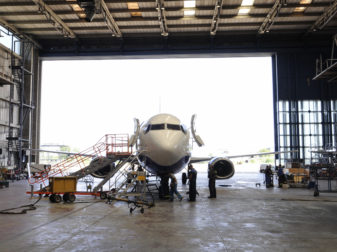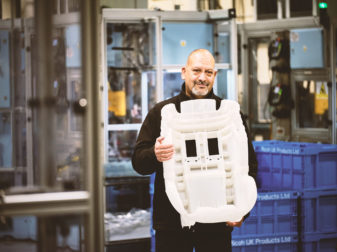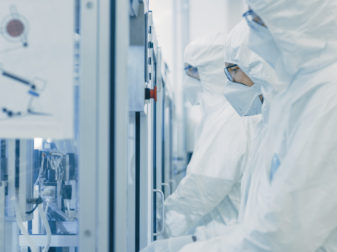
Automotive
Our industry-leading Polypropylene is the perfect material for automotive applications
The automotive industry has always been one of the biggest supporters of additive manufacturing.
Additive Manufacturing technology provides companies in the automotive industry with automotive 3D printing, providing the opportunity to significantly optimise production chain earlier than is possible with other materials.
However, the benefits don’t end there. As cars are generally designed at scale, using additive manufacturing in automotive enables accurate models to be quickly created that provide an exact impression of the final product.
Rapid prototyping is also possible, ensuring AM adopters often have a competitive edge over those reliant on less dynamic production methods.
Optimising design through automotive 3D printing creates lightweight components, enabling vehicles to move faster and fuel use to be reduced.
Great news for owners, even better news for the environment.
Furthermore, developments in materials mean we’re able to print parts that can withstand the demand in high temperature and chemical contact.
While more commonly used for prototyping than end-use due to the high volumes involved in automotive production, in recent years it’s become increasingly popular for AM parts to be used by luxury car manufacturers with more limited production runs.
It’s also used extensively within the racing community due to the ability to create highly complex, one-off components.
The higher costs sometimes associated with this are quickly justified with every fraction of a second shaved off a lap time.
Why choose Ricoh 3D?
We have extensive experience with automotive 3d printing and working alongside industrial leaders including Volkswagen. So, if you’re looking to accelerate your automotive manufacturing efficiency and effectiveness, we’re ready for action.
Certification: FST certified (Ultem 9085)
Other industries we specialise in
-
 Ricoh has the combination of the latest 3D printing expertise to enhance your aerospace manufacturing business
Ricoh has the combination of the latest 3D printing expertise to enhance your aerospace manufacturing business -

Consumer Products
3D printing delivers fast design cycles, taking a product from design to prototype to end-use much more quickly than traditional methods -

Academic
3D printing allows students and academics to turbocharge their research and development cycle